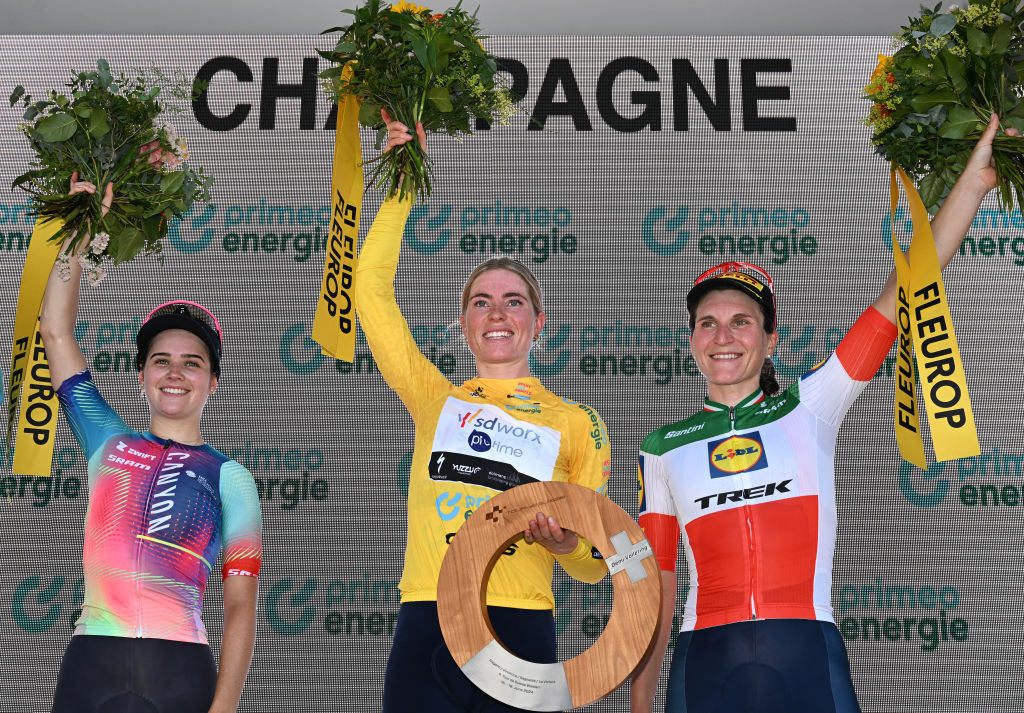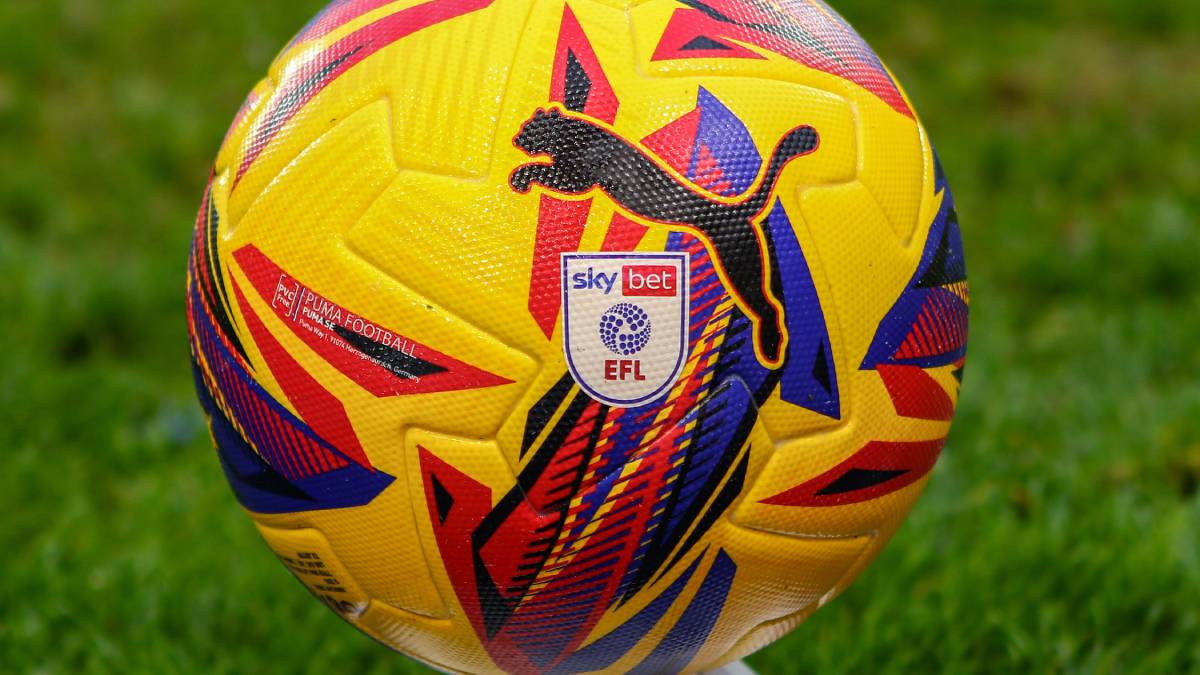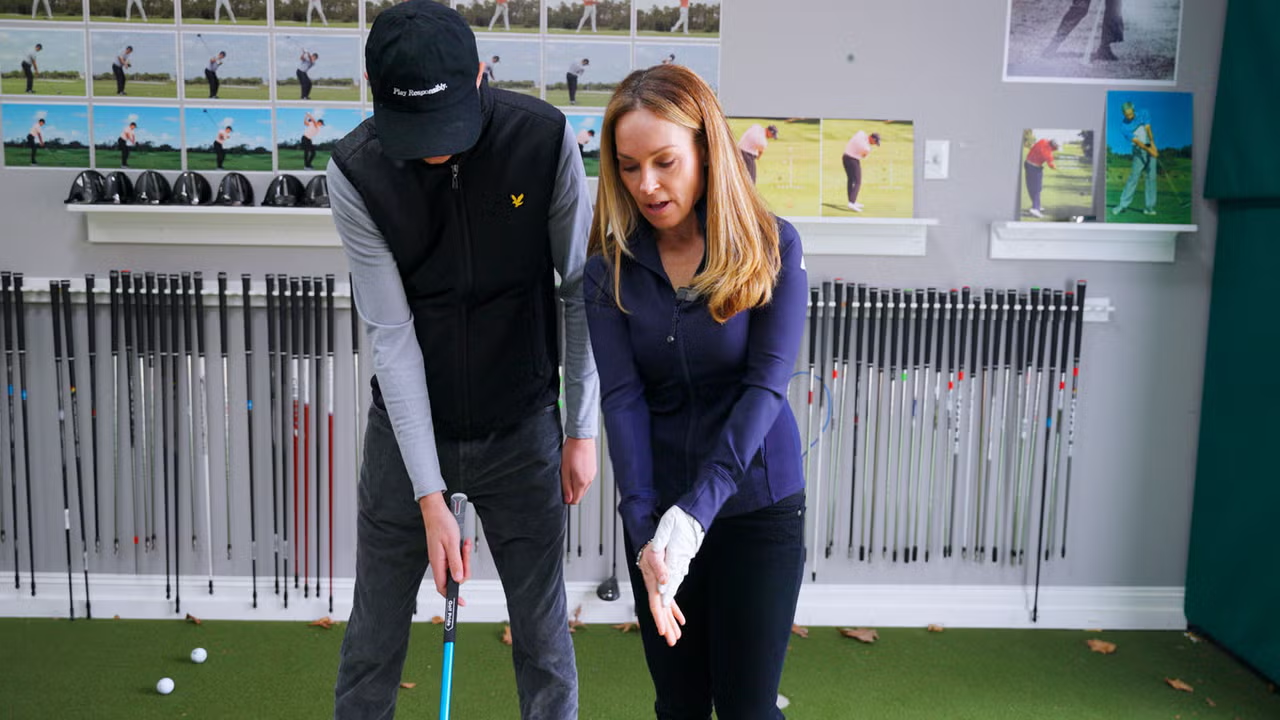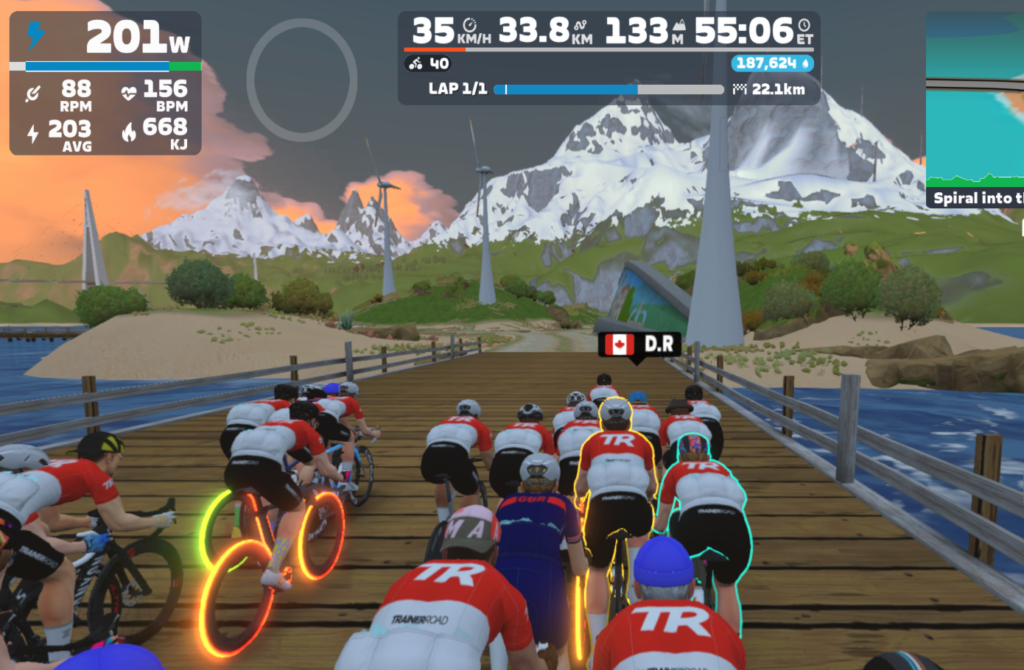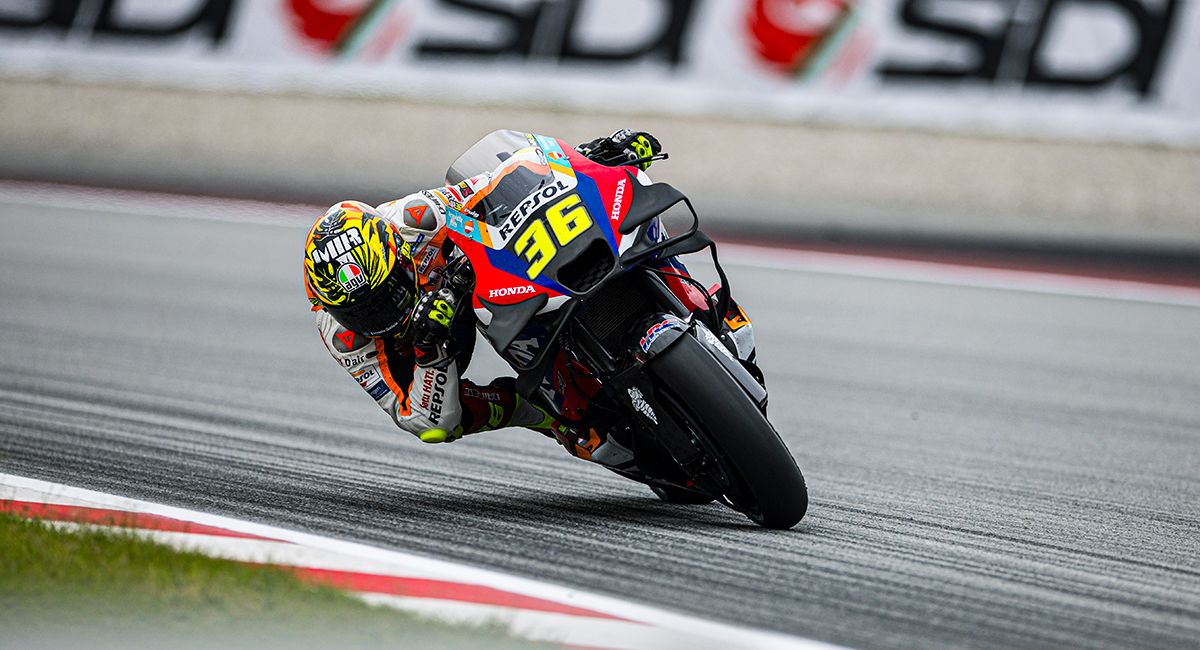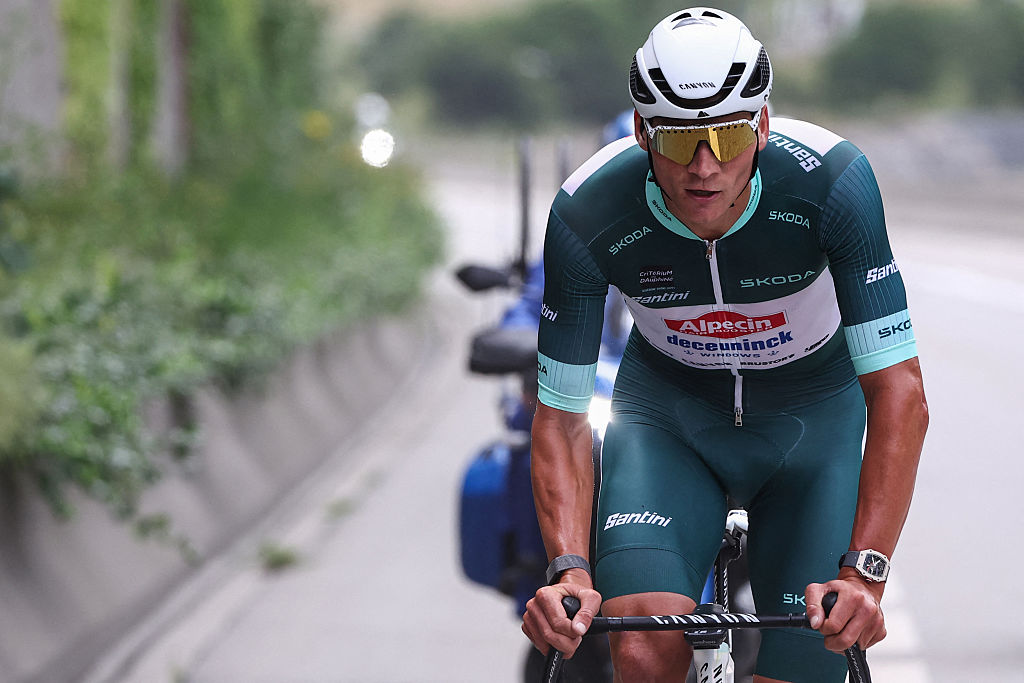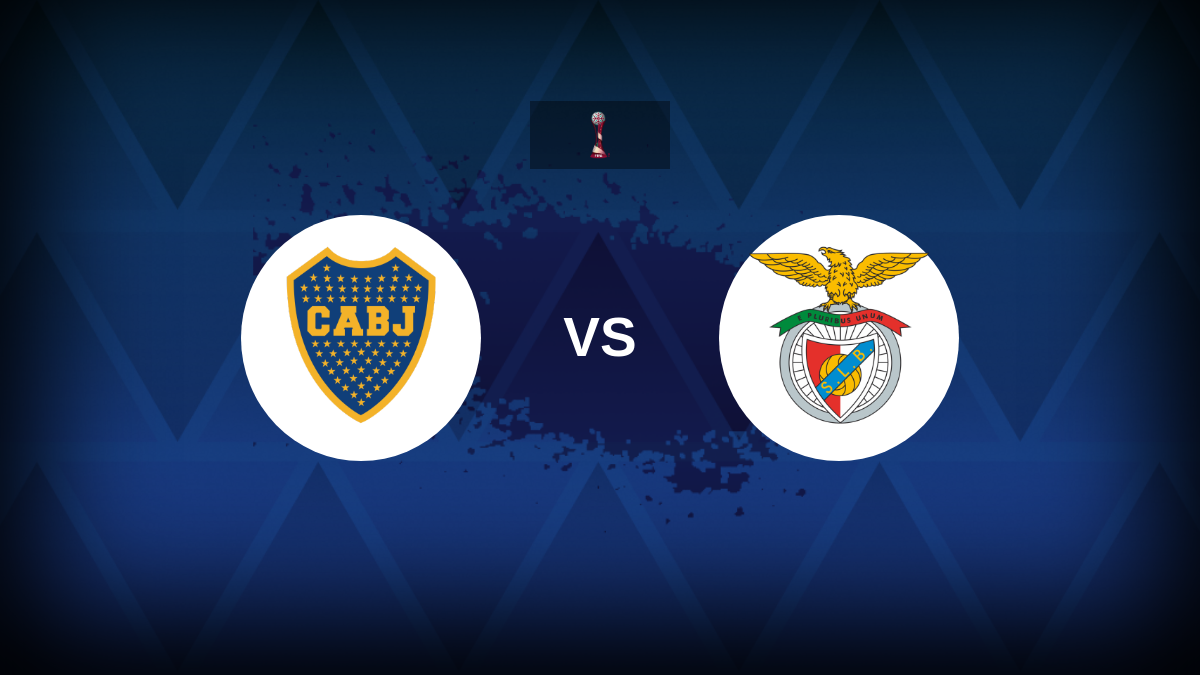Dylan Dethier
;)
Arnold Palmer during his final interview at the 1994 U.S. Open.
US Open / ESPN
June 17, 1994 was arguably the wildest day in sports history. (Documentary-level wild.) The Knicks were playing the Pistons in Game 5 of the NBA Finals. The Rangers were holding a Stanley Cup parade through the streets of New York. The World Cup was kicking off for the first time in U.S. history. And at 11:08 a.m., murder charges were filed against O.J. Simpson, kicking off the infamous Ford Bronco freeway chase.
In golf’s corner of the world it was also Friday at the U.S. Open at Oakmont, where the sport’s King, Arnold Palmer, was bidding farewell to his national championship. It was a particularly fitting finale because the event was held at Oakmont, not far from Palmer’s childhood home in Latrobe, adding to what was sure to be an emotionally charged sendoff.
On the ABC broadcast, they’d been planning out his final moment for weeks. Thirty-one years later, NBC Sports’ Mark Rolfing remembers it vividly — he’d been tapped for Palmer’s send-off interview.
“I told Arnie the plan early that U.S. Open week,” Rolfing says. We’re chatting ahead of this year’s U.S. Open, the championship’s 10th return to Oakmont. He’s seen the documentary, he says, but he realizes he’s never shared his full account of the day — or how Palmer’s missed cut on Friday nearly cost him his hometown farewell interview.
“Once we’d decided that I would be the one to interview him, I wanted to lay out the logistics as simply as possible. I said, ‘Okay, no matter what happens, there are going to be a lot of people, it’s going to be bedlam, but I need you to come from scoring straight to me.’ He was on board, he totally got it. He said, ‘I’ll see you Friday.’”
That Friday was a sweltering day in western Pennsylvania. Rolfing says he was supposed to join Palmer’s group for their back nine around noon; just before that, Simpson’s charges were made public.
[Editor’s note: I haven’t been able to verify exact time codes from that day. For the purposes of this story I’d say “don’t worry about that.”]
“We had a newsbreak: O.J. Simpson has been charged with two counts of murder, he’s now a fugitive, nobody knows where to find him,” Rolfing says. “And that became a story from then until the end of the round, weaving it in, going to news a couple times.”
Chatter about the chase spread across the grounds, he adds, quicker than you’d think.
“There obviously wasn’t social media but it filtered around the course — people were talking about it,” he says.
For the purposes of Rolfing’s assignment, though, something else was complicating matters: pace of play.
“Somehow play started slowing down during the back nine and it got very slow,” Rolfing says. “Much, much slower than they’d expected. They’d projected Palmer would finish by 2:40 at the latest, now it was clear that wasn’t going to happen.”
The issue was that the broadcast needed to go off-air at 3 p.m., at which point they’d send to Bill Clinton, Oprah Winfrey and the first ever U.S.-hosted World Cup, which was kicking off at Soldier Field in Chicago. Palmer was the keystone of the Friday broadcast — but they were running up against the clock.
“They started talking in my ear,” Rolfing says. “Saying hey, we’re going to be really tight, if we get to 2:57 then we can’t do this.”
He was disappointed but he understood — there are certain non-negotiables in television, and a World-Cup hard-out is one of them.
The crowds pack in around Palmer’s final few holes. Reports from the day describe weeping in the galleries. From one piece by Hubert Mizell describing the day:
In an Oakmont amphitheater stormed by butterflies, a few thousand of Palmer’s neighbors were standing, hurrahing, weeping and remembering. Arnie is loved by the world, adored even more in America, but cherished most of all here in western Pennsylvania.
“He didn’t finish until after 2:55,” Rolfing says. “And at 2:57 they said, okay, this interview’s off. We’re not going to do it.”
Chris Berman was on the call for ABC. Producers were in his ear, prepping him to wrap the day and send it to Chicago for the soccer.
“Right at about 2:58 or 2:59, Arnold had gone into the scoring tent and was in there with a whole crowd of people outside,” Rolfing says. “And Berman is closing the show, I can hear him. What a day it’s been, Arnold Palmer was the man of the moment…“
But then, as Berman waxed poetic, he saw something on one of his monitors: Palmer had left scoring and was beelining straight for Rolfing. He acted on instinct — even if it meant breaking a cardinal rule of broadcasting.
“Instead of throwing it to World Cup soccer, he said something like, ‘here’s Arnold Palmer headed to Mark Rolfing — let’s go down there,’” Rolfing says. He’d let down his guard, thinking the moment had passed, but jumped to attention. “And I can hear Terry Jastrow, our producer, and everybody around him, they’re all going, ‘no, no, no. We’re not doing that, we’re going to Chicago!’ But down they came.
“And I could tell Arnold was highly emotional. And watching the last few holes, the receptions at every green, just the way he was acting, I knew it was going to be emotional.”
Rolfing got straight into it, giving Palmer the floor.
“Arnold Palmer, describe for me your thoughts walking up that last 150 yards to the 18th green,” he said.
“That was pretty tough,” Palmer said. “Y’know, you’ve played out here as long as I have…” and then he trailed off. He couldn’t speak.
“He basically said one thing and then got totally locked up. It seemed like minutes to me but I think it wasn’t even 30 seconds that he wasn’t saying anything,” Rolfing remembers now.
“Just have to compose myself,” Palmer managed.
“You don’t have to compose yourself for anybody, Arnold,” Rolfing said.
Palmer’s emotional silence continued. Rolfing, though, heard plenty in his ear.
“I can hear everybody just screaming at me. ‘Get him to say something! Grab him! Do something! Interrupt him!’ Well, I can’t interrupt him, he’s not saying anything. And I had to make a decision and I guess what I decided is not to do anything.”
Eventually Palmer gathered himself for a moment.
“Well, Mark, it’s been 40 years,” he said. “And when you walk up the 18th and you get an ovation like that [here he paused again] I guess that says it all.”
His voice cracked on the final word; it was clear he wouldn’t have been able to continue.
• Oakmont 1994
• Arnold Palmer’s final U.S. Open
• The interview coming off 18 for the last timeAll the feels.
Happy Arnold Palmer Invitational week. pic.twitter.com/zr4NtGcRO6
— U.S. Open (@usopengolf) March 6, 2025
“I had lost total context of what I was doing, really, or how much time had elapsed,” Rolfing says. But in real time he delivered a message of appreciation on behalf of the fans.
“For every golfer in the entire world, Arnold, I want to thank you,” he said. Palmer nodded and turned away; that was it.
The broadcast sprang back into action, soon they were off to Clinton, Oprah, and Germany vs. Bolivia. (The Germans triumphed, one-nil.) Palmer took a moment before another emotional address to assembled reporters. As for Rolfing?
“It was just chaos. But there was nothing for me to do at that point but to take off my headset, so I did. I walked over, I sat down under a tree and I bawled my eyes out.”
Palmer wasn’t healthy enough to attend the 2016 U.S. Open at Oakmont; he died later that year. But Rolfing is at Oakmont again this year, working for NBC Sports and Golf Channel. He still hears about the interview, he says. They couldn’t find clips of it for decades, and it has been 31 years, but the people never forgot.
This week, Rolfing went and found that tree again. He thought about how a minute can last a lifetime. Even now, 31 years later.
Dylan Dethier welcomes your comments at dylan_dethier@golf.com.
“>
;)
Dylan Dethier
Golf.com Editor
Dylan Dethier is a senior writer for GOLF Magazine/GOLF.com. The Williamstown, Mass. native joined GOLF in 2017 after two years scuffling on the mini-tours. Dethier is a graduate of Williams College, where he majored in English, and he’s the author of 18 in America, which details the year he spent as an 18-year-old living from his car and playing a round of golf in every state.



